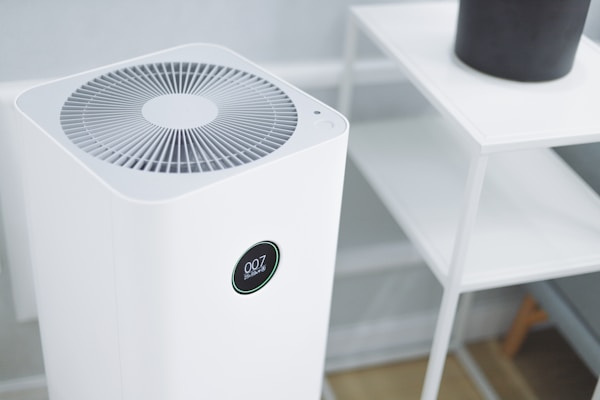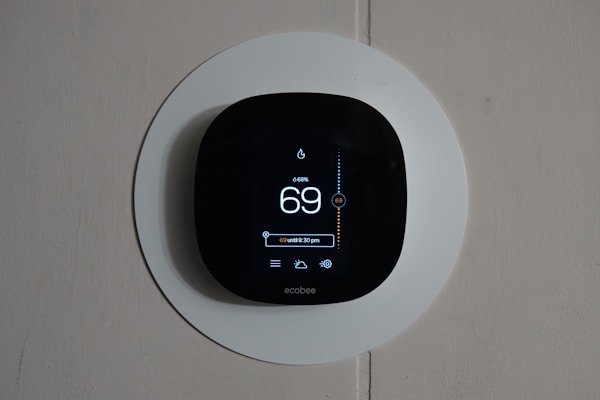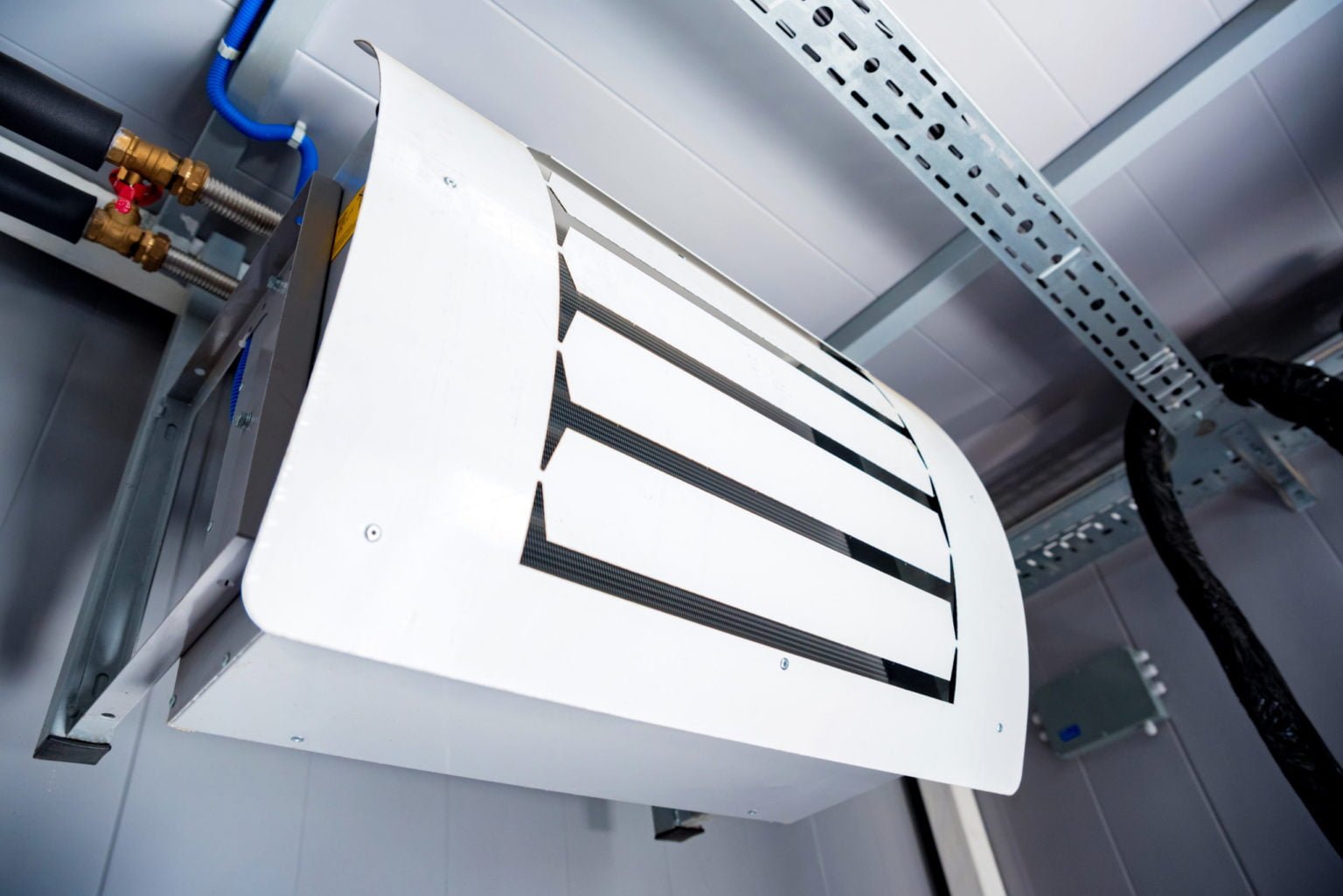Your home’s air conditioner is important because it keeps you cool and comfortable. It can also bring your overall energy costs down noticeably by cooling your home more efficiently than opening windows or using fans. Two of the most widely used types of air conditioning systems are mini splits and central air. A mini split system is ductless, while central air does require ductwork but does offer some other advantages too. The best one for you will depend on several factors, but there are a lot of resources available so you can make the right decision. If you want to learn more, read on to find out if a mini split system or central air would be better for your home.
Is a mini split or central air system better for your home?

Educating yourself about the differences between mini split vs central air systems is a crucial first step before you decide which one you want for your home. Central air units are larger and can be pricier than mini splits, but they offer cooling and heating for the entire house. On the other hand, mini splits are smaller and less expensive, but they only cool or heat one specific area or room. If you have a large house with multiple rooms that need cooling or heating, then a central air unit is probably a better option. However, if you live in a small apartment or condo, a mini split is likely more than adequate.
These systems generally function in different ways. A mini split air conditioner is a ductless system that cools and heats specific areas of your home. It has two main components: the outdoor unit, which sits outside your home, and the indoor unit, which is mounted on or in your wall and circulates cooled or heated air through the room. The basic concept of central air is relatively simple – chilled water is circulated through a series of coils installed in the building, cooling the air and then sending it back into the room.
Another consideration when choosing between these two types of AC units is climate. Central air units work best in climates where the temperature stays relatively consistent year-round. If you live in a temperate climate with mild summers and winters, then a mini split could work. High temperatures during the summer months could make you lean towards central air.
What else can you do to maintain your preferred indoor temperature?

Your air conditioner plays a primary role in determining the average temperature inside your home, but finding the right air conditioning system is just one of many steps you cant take to maintain a comfortable indoor climate. For example, you should consider upgrading to a smart thermostat. They can be programmed to automatically adjust the temperature based on your schedule and preferences, which can help you limit your energy consumption and save money. You can even optimize your usage to be as eco-friendly as possible.
Homeowners should be aware that the condition of their homes can be a problem if they want to ensure that their indoor environment is temperate all year round. Cracks and crevices in your windows and doors can let in outdoor air, moisture, and other common contaminants. Sealing cracks with caulk or weatherstripping can keep the conditioned air in your home and the cold or hot air out. You can do this on your own in most cases. If you notice severe damage, then you may need to talk to a contractor to discuss professional repair or replacement.
As you can see, there are many factors to take into account when you’re deciding between a mini split or central air conditioning system. Each type of system has pros and cons. Making the best decision usually requires considering the size of your home and the climate, both of which can affect the effectiveness of your air conditioner. You can also take other steps to ensure that your home is always comfortable, including installing a smart thermostat and sealing any cracks or crevices in their windows and doors. Follow the tips in this article so you can choose the right air conditioning system for your house.






